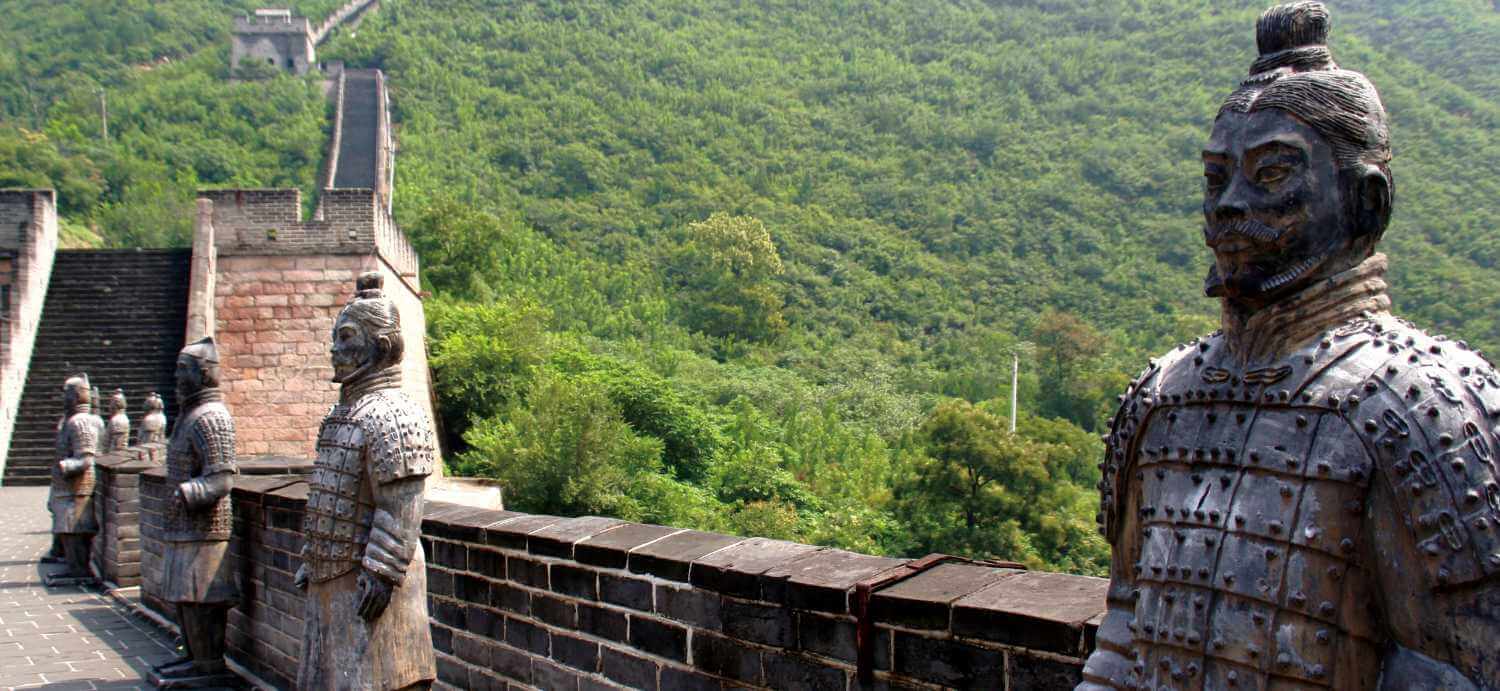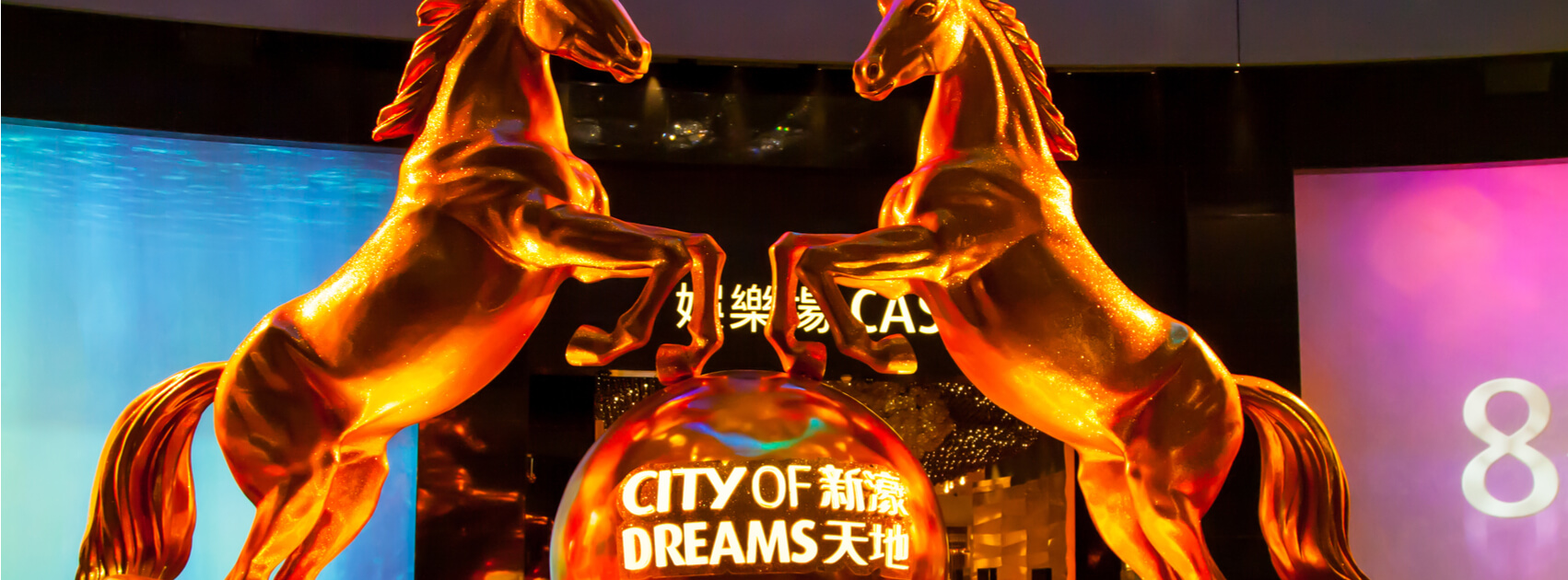Playing poker in China became much tougher this month. The country’s video game licensing bureau, the State Administration of Press and Publications, effectively banned mobile poker, leaving millions of players out of the game.
How the Chinese mobile poker ban happened
Last year, the government agency suspended the licensing of games for nine months. Officially, the suspension came as part of a government initiative to combat youth video game addiction.
The State Administration of Press and Publications, which is overseen by the Communist Party‘s propaganda department, has approved 795 new video games in the first quarter of 2019. However, none of those approved games include poker.
The effect of the hiatus on approvals has already shown. As the South China Morning Post noted,
“China’s gaming market, the world’s largest, recorded its slowest revenue growth in 2018 in at least a decade.”
Any company hoping to market a game in China must be licensed by the government. So, unfortunately, those titles featuring poker or card games are out of luck.
At a time when the game is an upswing, the ban certainly disappoints players and those in the industry.
Poker in China WAS a growing market
With 1.3 billion people, China represents a huge opportunity to grow the poker industry. Poker’s popularity in China had been growing in recent years, mostly online as a social game.
Gambling is illegal in the country, but social poker offered an alternative to heading to Macau or Hong Kong. In a 2016 Business Insider article, Global Poker League founder Alex Dreyfus said:
“Texas Hold’em is not part of the cultural roots of China, but this has changed in the last few years thanks to the introduction of free poker applications on mobile phones. Therefore, you have new generations of white-collar, educated and influential individuals that love the game and play regularly.”
At the time, he estimated 100 million Chinese citizens had downloaded poker games onto their devices. However, the Chinese government is now looking to stop that.
According to Niko Reports, regulators launched a “crackdown on titles in the poker and mah-jong genre after China’s government became concerned about real world money being used in these games.”
Beyond the ban, as of June 1, even discussing or promoting the game on social media will be outlawed. Some in the industry expect the moves to have a major negative impact on the Asian poker market. As Hong Kong Poker Players Association managing director Stephen Lai told the Morning Post,
“(The Asian market) was growing very fast, (but) now it is going to be more difficult for operators in Asia to organise poker events. Chinese players make up over half of the field.”
An inside perspective about the Chinese poker scene
Professional poker player Xuan Liu and her family immigrated to Toronto when she was 5. Born in Tianjin, China, Liu has almost $2 million in live tournament winnings and has played regularly in Asia.
On mainland China, poker has flourished even in a live atmosphere. Gambling is illegal on the mainland, but underground card rooms and even casinos do exist.
Liu believes those operations will continue.
“There has been significant interest in poker in China for awhile, but it’s always operated in the mainland in various shades of gray,” she said. “Those who really want to play will always find places to do so, whether it’s through the various local clubs that hold games, or online through VPNs and cashless play money sites.”
Liu also emphasized the importance of Chinese nationals playing in high profile events. A Chinese face at the EPT or the WSOP is critical to the growth of the game’s popularity on the mainland.

